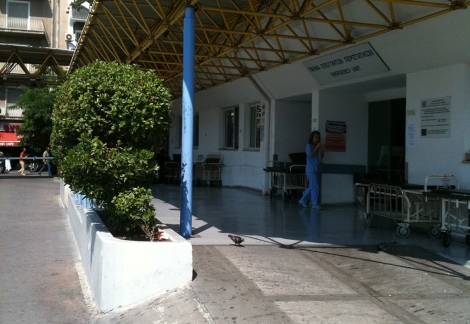Portugal and a lot of other countries could save money leaving the wasteful organization called the United Nations. United as in saluting dictators like Stalin, Hitler and Kim Jong-Il.
Personally, I would rather not be united with countries like North Korea. Perhaps 10% of the population has been killed in concentration camps. If you happen to be seen as critical of anything in North Korea: You, your wife, your parents and your children are sent to concentration camps. The population as a whole is starving. In the concentration camp you starve to death. It is cheaper than gassing, I suppose.
No wonder the North Koreans have learned to cry on demand.
And yet this is the reaction of the UN to the death of a monster:
I find it distasteful. It is nauseating political correctness, and the symptom of a wasteful unnecessary bureaucracy.
Personally, I would rather not be united with countries like North Korea. Perhaps 10% of the population has been killed in concentration camps. If you happen to be seen as critical of anything in North Korea: You, your wife, your parents and your children are sent to concentration camps. The population as a whole is starving. In the concentration camp you starve to death. It is cheaper than gassing, I suppose.
No wonder the North Koreans have learned to cry on demand.
And yet this is the reaction of the UN to the death of a monster:
 |
| UN offices worldwide lowered their flag to half-mast as North Korea began a 2-day funeral for dictator Kim Jong-il. Above: UN European headquarters in Geneva, seat of the UN Human Rights Council, Dec. 28, 2011. (Photo: UN Watch) Hat tip: UNWatch |
I find it distasteful. It is nauseating political correctness, and the symptom of a wasteful unnecessary bureaucracy.












